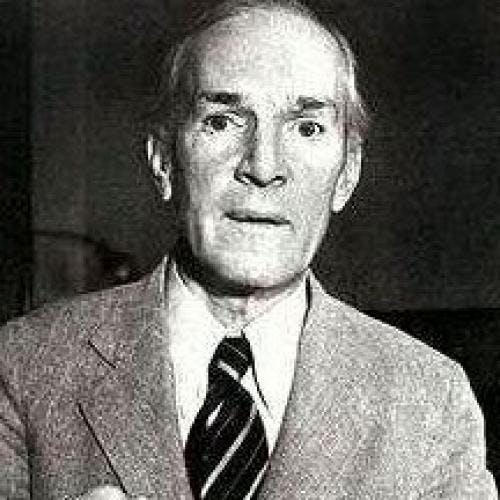
For three-quarters of a century it has been my fate to watch men and women traveling to their graves by the alcoholic highway. At the age of three I realized that my father was a “drinking man,” and for 30 years I tried in vain to save him. There were three uncles, Southern gentlemen all, one a Confederate naval hero. Then, through the years, a long string of friends: Jack London, George Sterling, Sinclair Lewis, Edna Millay, Theodore Dreiser, W. E. Woodward, F. P. Dunne (Mr. Dooley), Horace Liveright, Eugene Debs, Douglas Fairbanks, Eugene O’Neill, Sherwood Anderson, Klaus Mann—a varied list, all of them bright names. And a still longer list, whom I knew through correspondence or friends: Stephen Crane, James Whitcomb Riley, Heywood Broun, Edgar Lee Masters, Edwin A. Robinson, Isadora Duncan, Thomas Wolfe, O. Henry, Ambrose Bierce, Scott Fitzgerald, Hart Crane, John Barrymore, Ring Lardner, Damon Runyon, Dylan Thomas. I have told the tragic stories of 50 alcoholic writers; the suicide rate among them was 10 times that of the American people, and their life spans, averaged, reveal that they lost 15 years by their slavery to John Barleycorn.
I have put their tragic stories into a book, which is terrible but rigidly truthful. I spent a year and a half and several thousand dollars, writing, checking, revising, mimeographing and submitting it to leading editors and publishers. One and all, they tell me that it won’t sell. They know Park Avenue and they know Broadway, but they know nothing about the millions of Americans who have never attended a cocktail party. Also these publishers are marketing the best-selling books of living alcoholics—our very top names, alas! Pessimism and confusion have become the keynotes of our literature; and John Barleycorn did it.
Through half a century my answer to rejections has been to publish the book myself. “The Jungle,” “The Brass Check,” “The Goosestep,” “The Goslings,” “Upton Sinclair Presents William Fox,” “The Flivver King,” “Letters to Judd,” the “EPIC” pamphlets—a million volumes in America, plus three million in 50 languages and 60 countries, have helped to make the free world that we know and defend. But now I am 76, and my wife, who has stood by me through all labors and dangers, has grave heart trouble. Complete rest is ordered, and I know that if she took up this burden now, it would be her end.
More than 50 editors of religious papers and heads of church organizations have assured me that they will order and distribute this book when published, but their “boards” will not put their imprint on books that are not “strictly religious in character.” To me religion is as religion does, and the combating of alcoholism is an act of worship. The American people spend more than $3 billion a year on liquor, and hundreds of millions go to newspaper and magazine advertising to lure them to more indulgence. Drinking in college and high-school is rampant, and juvenile delinquency has become a national problem.
After wasting a year trying to please publishers, I am making this appeal to the conscience of my country. Is there a publisher who believes in abstention and will make this book available to those who want it? Is there a foundation, a group, an individual who will put up money and agree to take the book in quantities? If I can have my way it will be available in paper binding and the price will be low; so will the royalty to the author. Do not send any money; send pledges, which I will turn over to the publisher—when I find him.